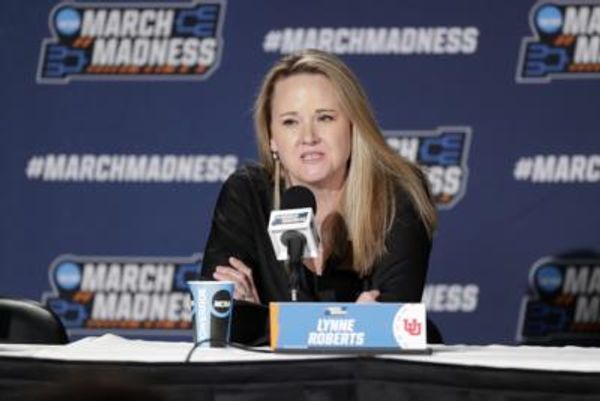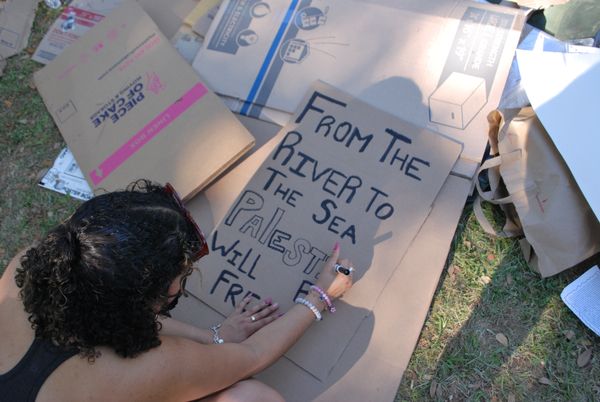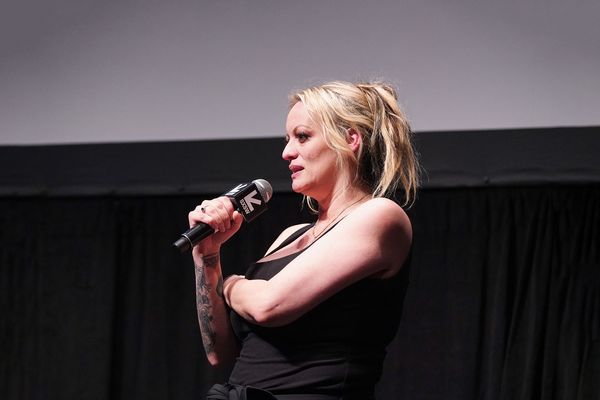
When it comes to the cost of entertainment, there is a resigned acceptance that the only way is up. This reality is particularly unavoidable as the sector struggles to shake off the combined impact of the pandemic and rising running costs.
Despite repeated warnings from stars including Dominic West, Derek Jacobi and David Tennant that theatre, in particular, is courting redundancy by putting itself beyond the reach of much of the population, tickets have become ever more expensive. “Theatre’s in a perilous state. My wife went the other day, it cost her nearly £200 – who could afford that?” asked the actor David Harewood, adding his voice to the outcry on Radio 4’s Front Row last month.
As the new president of the Royal Academy of Dramatic Art, Harewood has a particular interest in access for, and the future career prospects of, young actors. He is right to be concerned. Though a survey by The Stage newspaper revealed that top prices for West End shows appear to be stabilising, with a 0.4% rise last year compared with a 20% surge in 2022 from pre‑pandemic levels, that still leaves the most expensive tickets averaging £141.37. Some popular shows cost nearly three times as much.
More worrying, for anyone concerned about access for young people and low earners (which means most workers in the entertainment industries), was a disproportionate hike in the cheapest tickets. These considerably outpaced inflation, rising by 12.8% to an average of £25.44.
In this unequal context, a decision by the producers of an upcoming production, Jeremy O Harris’s Slave Play, to make 30 tickets for each show available on a pay-what-you can basis, offers a limited but welcome corrective. They have also included two Black Out performances, designed to allow an “all-black-identifying audience” to watch the play – a challenging exploration of race and sexuality – “free from the white gaze”.
The Black Out concept is not new to the UK. Since Harris introduced it on Broadway in 2019, it has been picked up by a couple of London theatres, much to the fury of the rightwing press. Now Downing Street has weighed in with its own condemnation. These performances challenge the existing demographics of the theatre which, pretty much wherever you look in the UK, are predominantly white. But they also offer an interesting thought experiment. Those who complain that it is discriminatory – despite the abundance of regular performances – might bear in mind the market forces that last year, in the West End of London, piled all the inflationary pain on the most affordable tickets.
The people responsible for keeping theatres running will justifiably argue that they are doing their best, and that it is easier to find fault than to balance the books in a hostile environment. Innovations such as National Theatre Live – a highly popular initiative to take plays into cinemas around the country – have been devised to make theatre more accessible, while prices at regional venues are only a third of those in the West End of London. But theatre relies on audiences, just as literature relies on readers and cinema depends on viewers, not only for income but for the direction of the art form itself. Any initiative to broaden and diversify those audiences, and to prevent drama from becoming the pursuit of a moneyed elite, is doing a service to all of us.
-
Do you have an opinion on the issues raised in this article? If you would like to submit a response of up to 300 words by email to be considered for publication in our letters section, please click here.







